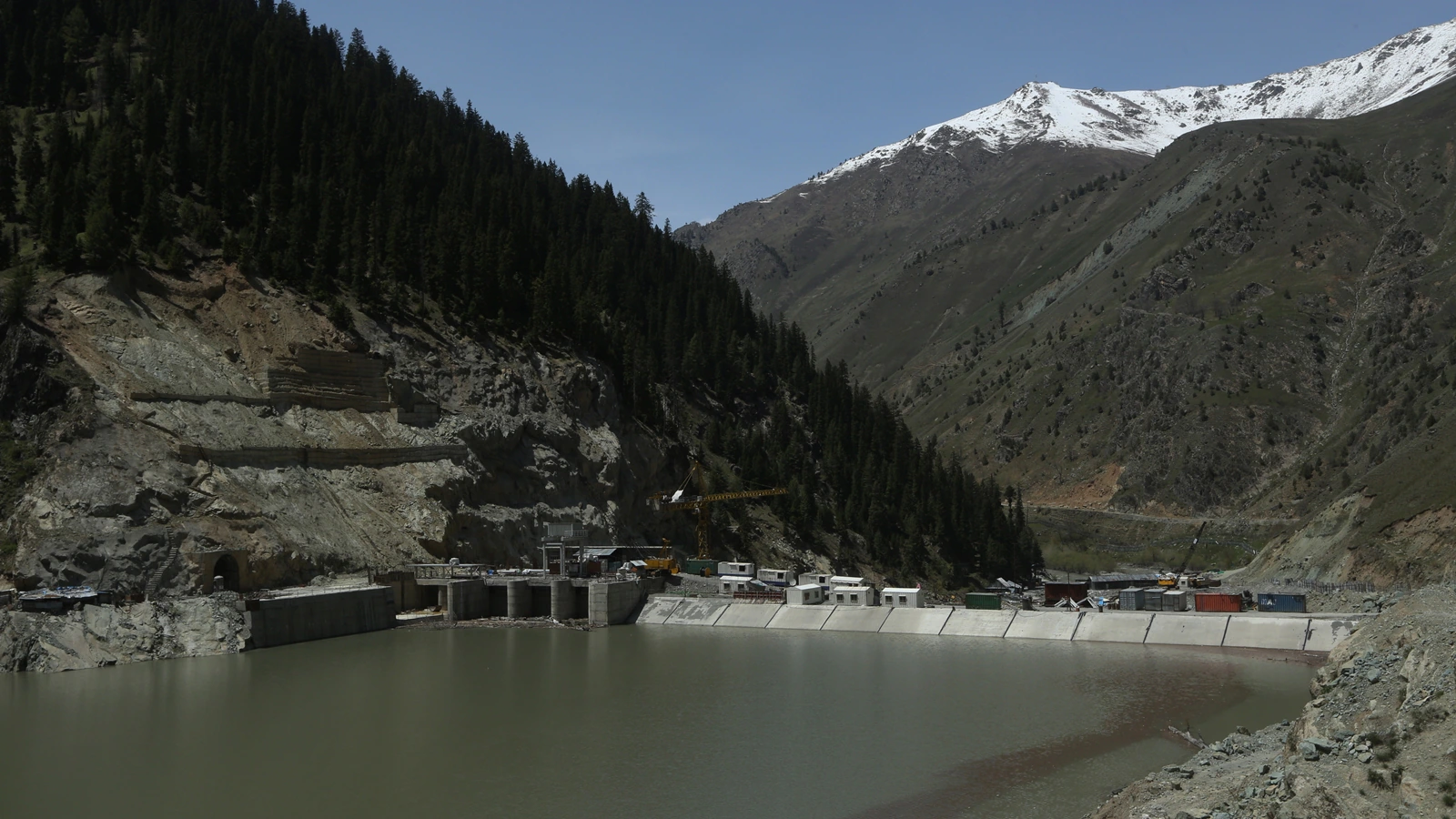
After Indus Waters Treaty suspension: India seeks pause in World Bank expert’s proceedings over Kishanganga & Ratle
How did your country report this? Share your view in the comments.
Diverging Reports Breakdown
After Indus Waters Treaty suspension: India seeks pause in World Bank expert’s proceedings over Kishanganga & Ratle
India has written to the World Bank’s neutral expert, Michel Lino, requesting a pause in his proceedings on the Ratle and Kishanganga hydropower disputes. Pakistan claims India is violating the treaty, particularly on minimum water flow requirements. India kept the the treaty in abeyance “until Pakistan credibly and irrevocably abjures its support for cross-border terrorism’ The fourth meeting of the neutral expert with both sides was scheduled for November 17 to 22. New Delhi is currently not inclined to engage in discussions with Islamabad on the matter, and the treaty will remain inabeyance for now. Sources said the government has drawn up a plan to construct a canal to divert water from the Indus river system to various Indian states. The Indian Express had reported that the Centre is looking to fast-track four hydroelectric projects on the Chenab – Pakal Dulu (850 MW), Kiru (6 MW) and Kwar (540 MW)
Lino is understood to have sought Pakistan’s views on India’s request, which Islamabad has opposed.
The disputes being heard by Lino since 2022 concern two Indian hydropower projects in Jammu and Kashmir — Kishanganga, on the Kishanganga river, and Ratle, on the Chenab river.
Story continues below this ad
A French dam engineer and, until recently, the president of the International Commission on Large Dams, Lino was appointed by the World Bank on October 13, 2022, under Article IX and Annexure F of the Indus Waters Treaty.
His mandate is to hear both India and Pakistan and determine whether the design of these projects complies with the treaty. Pakistan claims India is violating the treaty, particularly on minimum water flow requirements.
Story continues below this ad
Following the Union Cabinet’s decision to keep the the treaty in abeyance “until Pakistan credibly and irrevocably abjures its support for cross-border terrorism,” the Indian government formally notified Lino and requested that he vacate the mutually agreed “work programme” pertaining to the Kishanganga and Ratle disputes. In its response to Lino, Pakistan objected to India’s stance and opposed any proposal to suspend the dispute resolution proceedings.
As per the agreed 2025 work programme, which India now wants vacated, Pakistan was to submit its written response – or counter memorial – to India’s submission by August 7. The fourth meeting of the neutral expert with both sides was scheduled for November 17 to 22.
This meeting would have been significant, involving the presentation of India’s written arguments (memorial) and Pakistan’s counter, questioning by the neutral expert, and preparations for a second site visit to India, likely in December.
Story continues below this ad
Explained Ultimatum to Pakistan After The Pahalgam attack, India kept the IWT in abeyance “until Pakistan credibly and irrevocably abjures its support for cross-border terrorism”. Under the IWT, the waters of the “Eastern Rivers” — Sutlej, Beas and Ravi – are for India’s unrestricted use, while the “Western Rivers” – Indus, Jhelum, Chenab – are primarily for Pakistan.
Lino, who functions as a technical adjudicator under the treaty to resolve “differences”, is expected to consider Pakistan’s comments before deciding whether to pause the proceedings.
An email sent by The Indian Express to Lino seeking comment did not elicit a response.
Even as India and Pakistan are now talking through the neutral expert, the two governments are learned to have directly exchanged letters at least once on the suspension of IWT. India formally notified Pakistan of its decision to keep the treaty in abeyance by a letter dated April 24. Pakistan replied (before Operation Sindoor was launched on May 7), signalling willingness to discuss Delhi’s concerns and suggesting a date in May for talks. India has not responded to that offer.
Story continues below this ad
Also Read | Military Digest | When US wanted Iran and China to help Pakistan in war against India
According to top government sources, New Delhi is currently not inclined to engage in discussions with Islamabad on the matter, and the treaty will remain in abeyance for now.
Meanwhile, sources said the government has drawn up a plan to construct a canal to divert water from the Indus river system to various Indian states. It has also carried out two flushing exercises at Baglihar and Salal – two run-of-the-river hydroelectric projects on the Chenab in J&K – to clear sediment that hampers power generation.
These are the first such exercises since Salal was built in 1987 and Baglihar in 2008–09. Pakistan had previously blocked such activities through objections under the IWT. Officials said flushing will now be conducted on a monthly basis.
Earlier, The Indian Express had reported that the Centre is looking to fast-track four hydroelectric projects on the Chenab – Pakal Dul (1,000 MW), Ratle (850 MW), Kiru (624 MW) and Kwar (540 MW). Pakal Dul is the first storage-based hydro project being built in J&K.
